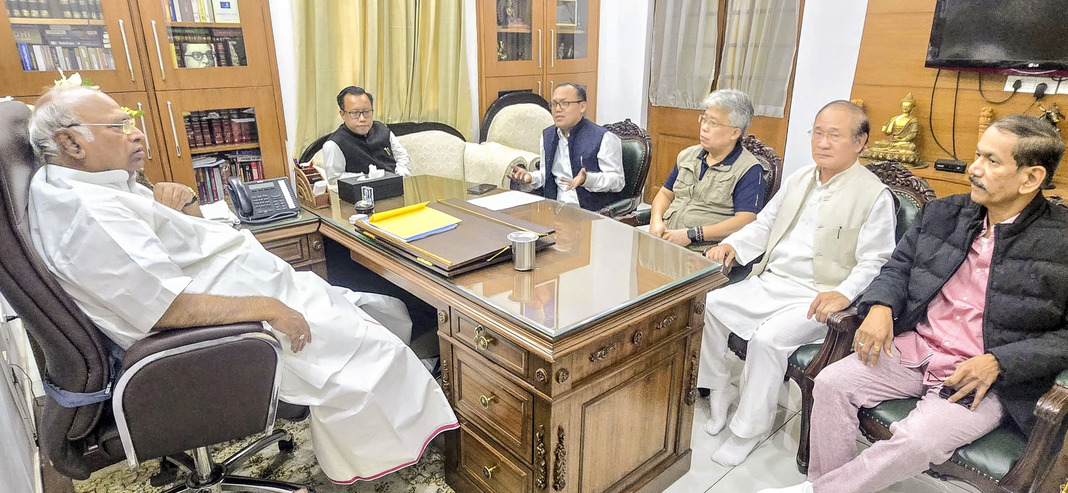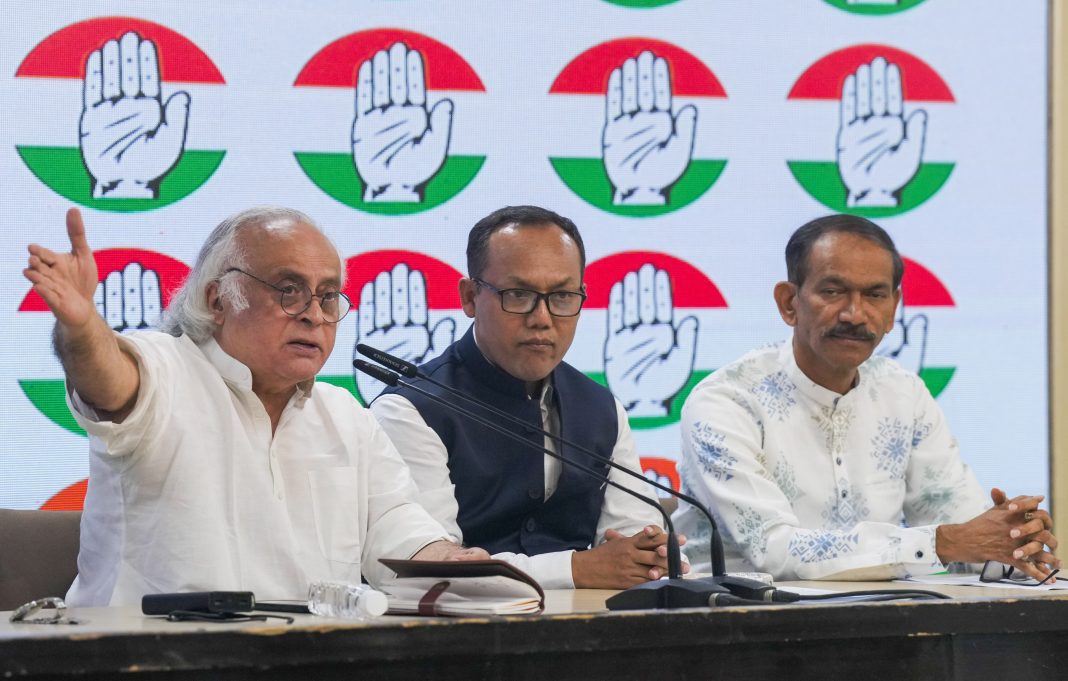Kolkata, Nov 19: Rights activist Irom Sharmila believes that Prime Minister Narendra Modi’s direct intervention is essential to resolving the crisis in violence-hit Manipur, warning that the reimposition of the “draconian” Armed Forces (Special Powers) Act in six police station areas in the northeastern state could escalate the unrest further.
Sharmila appealed to Manipur Chief Minister N Biren Singh to take moral responsibility for the unrest and step down, while urging the Centre to hold a referendum to understand the people’s aspirations and determine a path to resolve the crisis.
In a telephonic interview with PTI, Sharmila, known as the ‘Iron Lady of Manipur,’ stressed the importance of the Centre respecting the diversity, values, and practices of the northeast’s ethnic groups.
She emphasised that sensitivity and understanding are vital for restoring peace in the region.
“The approach of the Centre is not right. Prime Minister Narendra Modi is visiting every state, but he has not gone to Manipur. He is the democratically elected leader of the country. It has been nearly eighteen months since the violence started, yet he has not visited. Only direct intervention by Prime Minister Modi can help resolve the crisis,” Sharmila claimed.
Alleging that CM N. Biren Singh has failed to restore peace, Sharmila stressed that immediate and decisive action is needed to stop the ongoing ethnic violence, which has claimed over 200 lives and displaced thousands since May last year.
She claimed, “The wrong policies of the state government have pushed Manipur into this unprecedented crisis. The chief minister must immediately step down for failing to restore peace since May last year. The BJP must ask him to resign. He has failed the people of Manipur.”
The Centre first needs to understand the problem and what the people of Manipur want, she said.
“The Centre must conduct a referendum among the communities to determine how to resolve the crisis. The government needs to understand what the people of Manipur want before taking corrective steps,” she said.
The Centre last week reimposed AFSPA in six police station areas of Manipur, including the violence-hit Jiribam, citing the “continuous volatile situation” due to ongoing ethnic violence.
This came on the same day the Manipur Police announced the seizure of a cache of arms and ammunition from the Jiribam and Churachandpur districts.
Criticising the Centre’s decision to reimpose AFSPA in some areas following the recent spate of violence, the rights activist reiterated her long-standing opposition to the Act, describing it as a “colonial-era law that cannot address Manipur’s problems”.
“AFSPA can never be a solution. It is a draconian law. It has been in Manipur for so long, yet it hasn’t stopped the violence. The Centre must recognise that the northeast is part of India not just in words but in practice. The reimposition of AFSPA would further aggravate the situation,” Sharmila, who conducted a 16-year-old fast demanding withdrawal of the Armed Forces (Special Powers) Act, said.
Reflecting on her activism, she said, “AFSPA has brought nothing but suffering to the people of Manipur. It’s time we moved beyond such colonial laws to find real solutions.”
Sharmila questioned the “double standards” in addressing law and order issues in different parts of the country.
“Can you impose AFSPA or suspend internet services for months in cities like Mumbai or Delhi or any big states like Uttar Pradesh or Madhya Pradesh during a crisis? India is a democratic country, and such measures should not be carried forward from the colonial era. In the name of fighting insurgency, crores of rupees are wasted, which could have been used for the development of the northeast,” she stated.
The ethnic violence in Manipur, which began in May last year, has resulted in the deaths of over 200 people and rendered thousands homeless.
Defying curfew orders, a Meitei group on Monday took to the streets and locked several government offices in Imphal’s West district to protest the recent killings in Jiribam even as the Centre decided to rush about 5,000 paramilitary troops to tackle the “volatile” situation in restive Manipur after Union Home Minister Amit Shah’s review meeting in New Delhi.
The bodies of six people, who went missing from Jiribam after a gunfight between security forces and armed men that resulted in the deaths of 10 insurgents on November 11, were found in the confluence of the Jiri river in Jiribam and the Barak river in Assam’s Cachar.
Curfew was imposed for an indefinite period in Imphal East and West, Bishnupur, Thoubal and Kakching districts of Imphal Valley “due to developing law and order situation”.
Sharmila called on both the state and central governments to address the apprehensions and fears of various ethnic groups with love and compassion.
“The values, principles, and practices of different ethnic groups must be respected. India is known for its diversity, and the Centre must recognise and embrace it in Manipur as well,” she said.
Sharmila began her hunger strike in 2000 after 10 civilians were allegedly killed by security forces at a bus stop in Malom near Imphal.
Her 16-year-long peaceful resistance against AFSPA earned her widespread recognition but did not result in the repeal of the law.
She ended her hunger strike in 2016, subsequently married in 2017 after miserably failing to make a mark in the assembly elections, and is now settled in south India with her family, including her twin daughters.(PTI)




